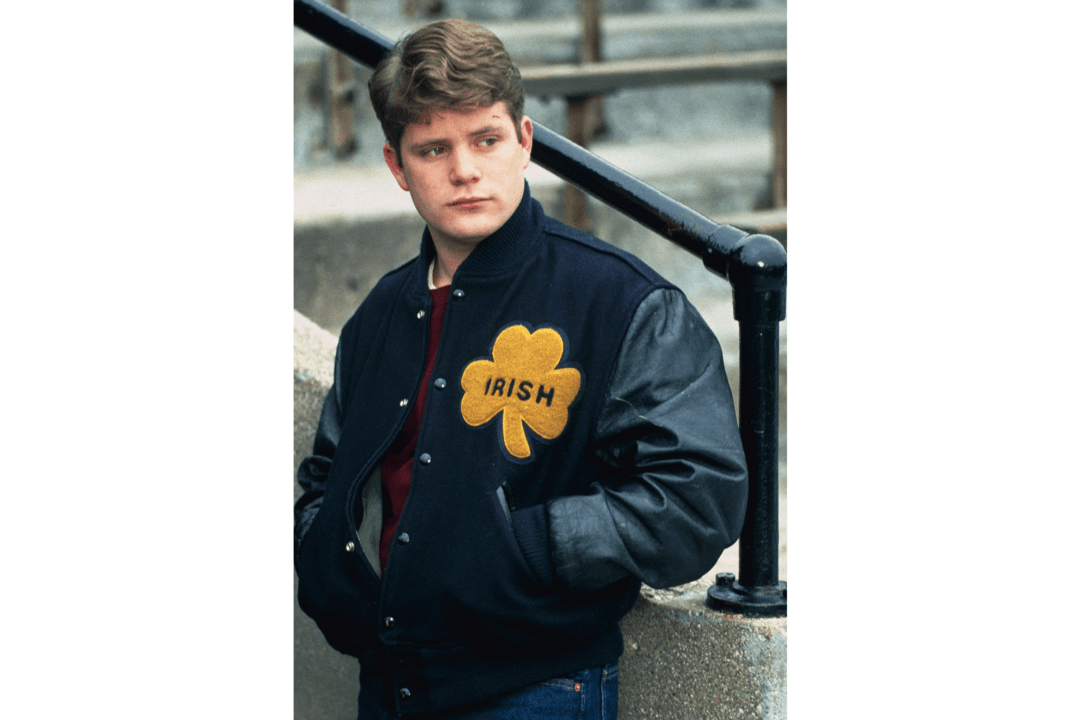The film “Rudy,” starring Patty Duke’s real-life son Sean Astin, dramatizes the real-life 1970s story of Illinois-born Daniel “Rudy” Ruettiger. The young man overcame impoverished circumstances, dyslexia, and setbacks on and off the field to play football at Indiana’s prestigious University of Notre Dame.
It didn’t matter that nearly all fellow players at the time dwarfed Rudy’s diminutive 5-foot-6-inch stature. He braved bullying and repeated rejection, took on odd jobs, and doubled down on his studies to give himself a shot at his dream of playing college football. As the closing credits confirm, not only did Rudy succeed, but his success inspired five of his younger brothers to also get college degrees. Check the Internet Movie Database website (imdb.com) for plot summary, cast, reviews, and ratings.





